Interview: Comic Creator Greg Anderson Elysee
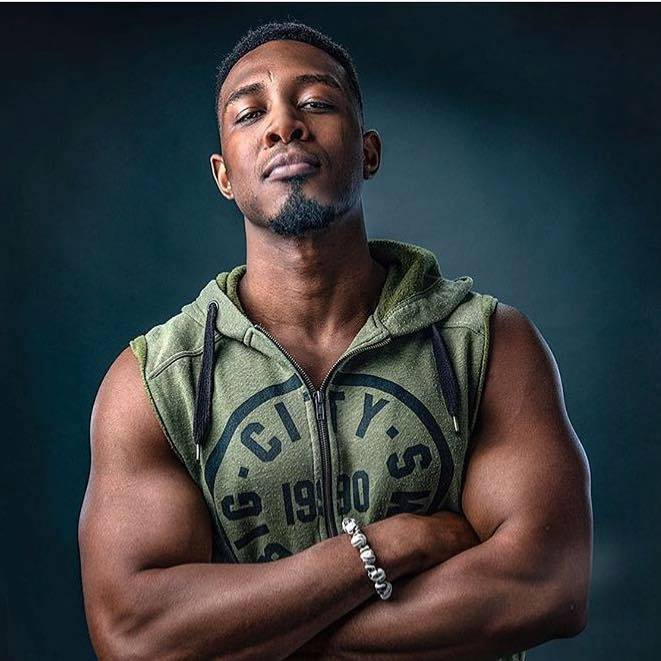
Greg Anderson Elysee is a comic book creator making waves in the indie comic world. He’s a Glyph Comics Awards winner and with his unique mix of horror, fantasy, and black mythology he’s a creator for the culture to keep an eye on. Check out our interview with Greg and #GetFamiliar.
What got you into creating comics and graphic novels?
Greg Anderson Elysee: It’s been my dream to be a writer since I was in the first grade. Around the second grade I discovered comic books and I became obsessed. My love for the medium only grew over time. I used to also draw and make my own little books, strips, and character bios and saw myself wanting to make my own comic characters while imagining writing Batman. I would eventually read Peter David’s book on writing comic books in high school and that was all I needed to push it to my number one goal and aspiration.
How many titles do you have now? And can you briefly describe them?
Elysee: Currently out at the moment, just Is’nana the Were-Spider, Vol 1. I’m hoping to have Vol 2 out before the Fall of this year. I should also have The Gentleman out this year, under Evoluzione Publishing and a few other books in the works I don’t think I can quite announce yet.
Is’nana the Were-Spider is a horror fantasy, coming of age book about the son of Anansi the Spider trying to find his own place in the world while living up to and being guided by his father’s legacy. I’m hoping to use this series as a way of showcasing various Black mythological and spiritual figures. The first chapter of Vol 2 actually won 3 Glyph Awards this year.
The Gentleman is a Lovecraftian inspired (without his racism) horror noir about a private detective whose heart contains the lock to an ancient evil called the Void. He meets a mysterious woman who may hold the key to his heart… of course horror ensues.
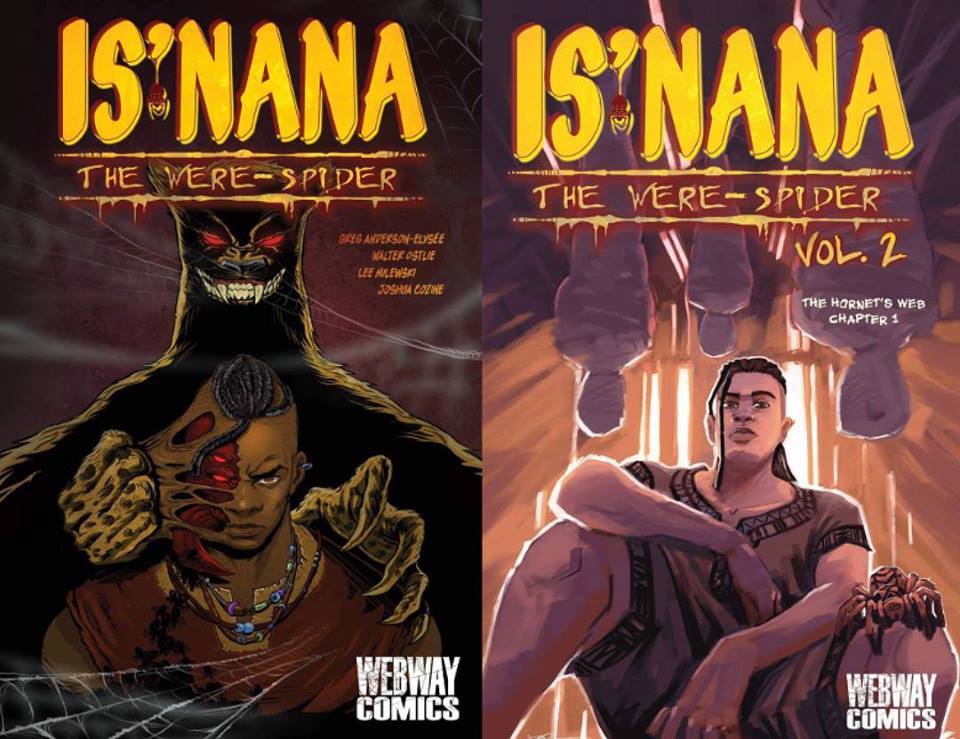
How would you describe the style of your work?
Elysee: … I’m not entirely too sure how I’d describe it. A bit of the fantastical with some mythology influences, Black themes/culture, humor, and definitely horror.
Are there any certain archetypes you find yourself attracted to when creating characters?
Elysee: Definitely horror for me and finding ways to introduce Black themes, be it cultural aesthetics, visually or story thematically. I like to showcase Black spirituality and present them as complex as they can be and not as a source of horror. I’m attracted to exploring the variety of Black people and characters and trying to explore sexuality along the way.
Is there a story or subject matter you have yet to write about that you would like to or plan on doing in the future?
Elysee: Police brutality for sure.
How do you feel technology has assisted in helping you make and distribute your own work?
Elysee: Well social media has helped me tremendously with getting my work out. I’m easily accessible to reach and sites like Facebook, Instagram, and Twitter allows information about my work to spread and be seen by people from all over the world. It’s also allowed educators from schools to find me and inquire about getting my books in their schools. Kickstarter is also a main source of my fanbase and how I’m able to get people to support and see what I have going on. I honestly don’t know how successful my stuff would have been if not for technology and social media.
Creating your own stories obviously helps you avoid being typecast as far as what you can write. Do you think most other writers of color in comics are still facing that same problem?
Elysee: I’m not too entirely sure, to be honest. I know in the past various writers of color found themselves only being selected to write characters that looked like them and thus were typecast. I think in the mainstream comics now, the few writers of color writing for the Big 2 have done other books along with characters of color. But they also have the ability to work on their own indie books. It may be a case by case thing.
Funny enough, though, I have realized lately when some editors have recently approached me to write something, the notion of making the character queer have come up a lot and it seems I’m being typecast for writing characters of color who are also LGBTQ. Haha.
There are a lot of pieces and conversations about the release of Black Panther and what it means for superheroes, movies and The Culture. What does it mean to you personally as someone who is a creator in the genre?
Elysee: I love the film. Seen it multiple times in theaters. I see this as a way of proving many naysayers wrong who were expecting this to fail and claiming Black genre films don’t work or don’t profit. I’ve always wanted to see a lot more variety of genres when it comes to films that showcase Black leads, and not the same ol’ melodrama, family drama, or hood film. Here we finally have a film where the majority of the characters were Black, the director and screenwriters were Black, production designer, etc. Incorporation of African cultures and the theme of the tension between Africans and African Americans, and so on.
And the excitement for the film also opened up the eyes of casual audience members who started seeking out other Black comic book characters, which happened with me a lot at conventions.
Do you think it has an even greater impact coming out at this moment in 2018?
Elysee: Time will tell, man. I wish I were a prophet to say, heh. But we’ll see. I hope it continues to have impact.
Are there any “mainstream” characters you’d like to write for?
Elysee: Brother/Doctor Voodoo without question. I have a crap ton of ideas for the character and I think having someone who reads and has fun reading about Vodou as his writer can open up some cool ideas not yet seen before of the character’s mythos. Two-Face is another mainstream character I’d love to tackle. John Constantine, Black Panther, Xombi, maybe X-Men.
Favorite superhero you didn’t create and why?
Elysee: It’s a toss up between Brother/Doctor Voodoo and T’Challa the Black Panther. Funny, I used to assume both of these characters were lame growing up, especially Voodoo. But when I got older and read some actual stories with them, my eyes were wide open in fascination and glee. I think after all these years, we’re still only scratching the surface at what we can see be done with these characters. I love that both characters in a sense represent Black spirituality and keeping their culture and customs alive without compromise and using it as a source for good. For the most part.
What is your ultimate goal?
Elysee: My ultimate goal is to help change the narrative in terms of what’s acceptable when it comes to showcasing Black narratives. I want to showcase elements of Black culture and celebrate them, be it dark skin color to religion and spirituality, to music, to the slang, to the various spectrums of sexuality and gender, and so on. I want to showcase Black people and other people of color as mains and no longer as “the other” or the “side supporting character.”
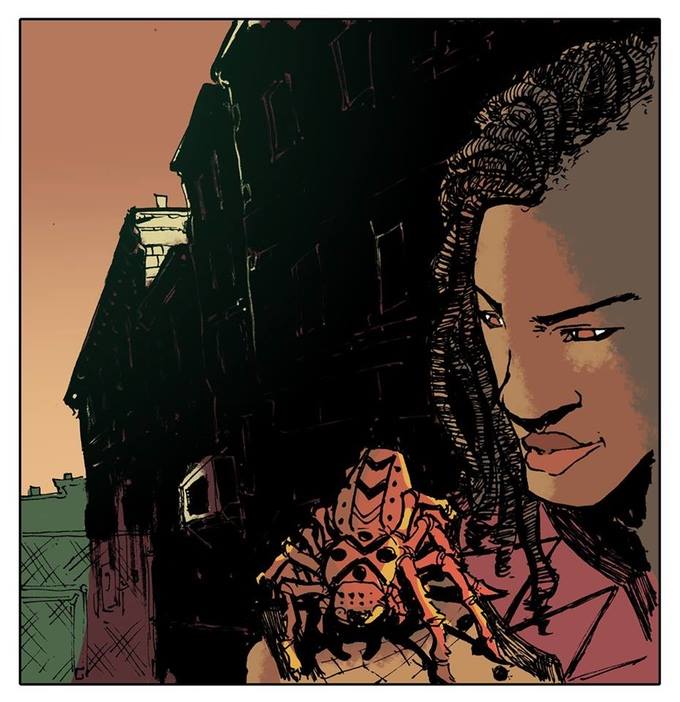
Would you ever be interested leadership role, either as an editor or someone supervising a line of comics, are do you envision yourself always doing your own thing?
Elysee: Haha. That is definitely a goal of mine in the future. There are occasional times I sort of step into a person’s DMs because I feel some things with their books that they’re previewing can be better or improved a bit. I can also be a bit critical with things and I strive to push people when I can with their work and there are so many great things out that can be honed. In the future, we’ll see if that happens, but I’m definitely open to it.
When you look at the future of the industry as a whole, are you optimistic or pessimistic?
Elysee: Optimistic. There’s a lot of great books coming out and being produced and I’m always excited to see what’s going out. Sadly I’m too broke to support everything that looks great but I try to support as much as I can. And it seems people’s interest for indie books are continuing to grow and many people are supporting more and more of these books, especially Black owned books. We definitely need all the help we can get.
Could you give us 5 artists that have influenced you and/or who you think are underrated?
Elysee: I’ve definitely been influenced by creators like David Hine, Peter Milligan, Dwayne McDuffie, Christopher Priest, James Baldwin, and I’m going to cheat and add a sixth: Toni Morrison. I think if you really pay attention to some of my work, you can find a piece of all of them mixed in with my own voice.
What is the most important piece of advice you would give to a future comic book creator of color?
Elysee: Don’t settle, don’t give up, don’t be comfortable, and don’t be stagnant. Keep an open ear to criticism, take what helps and can improve you, throw away the ones that don’t make sense and discourage you. But strive and keep striving.
Also, people already look at books of color as inferior to the same ol’ books out there. On top of that, you have indie books being seen as inferior to the mainstream. There’s a saying that Black people need to work twice as hard to make it in certain fields and positions… it’s the same with comics. Aim to make your shit look better.
What does the term “The Culture” mean to you?
Elysee: The Culture? Proud Blackness.
And finally, what is the primary emotion you want people to feel reading your work?
Elysee: “Whoa… that was cool…”
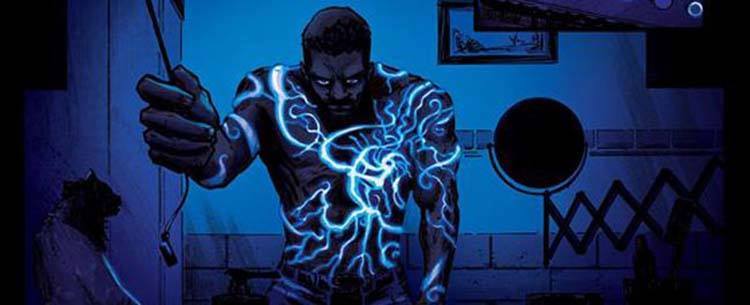
Check Gregory out on Instagram and Twitter
Get Is’Nana The Wear-Spider Vol.1 Here
Read our interview with fellow comic book creator Kwanza Osayjefo here
Interviewed by @TalentedMrFord

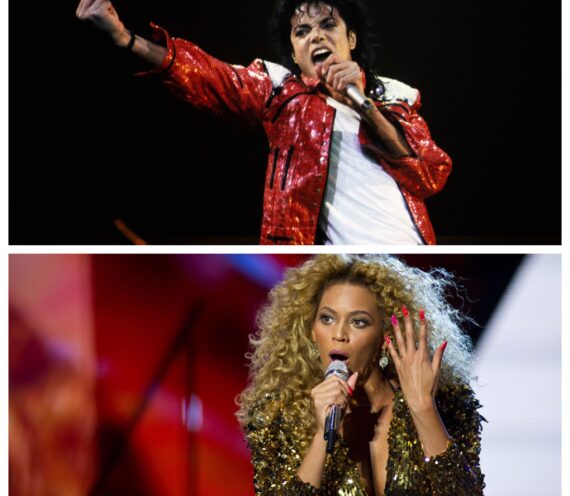
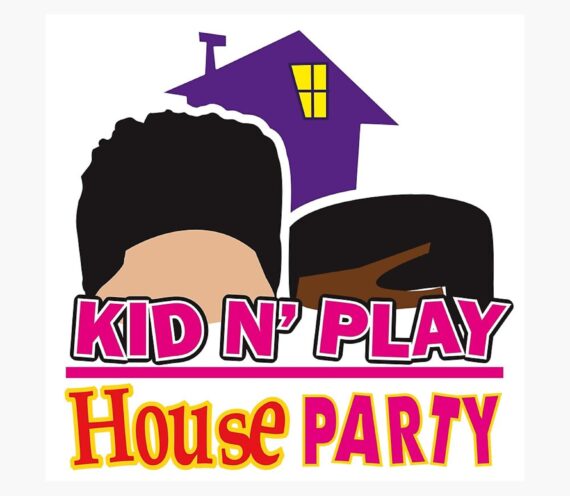
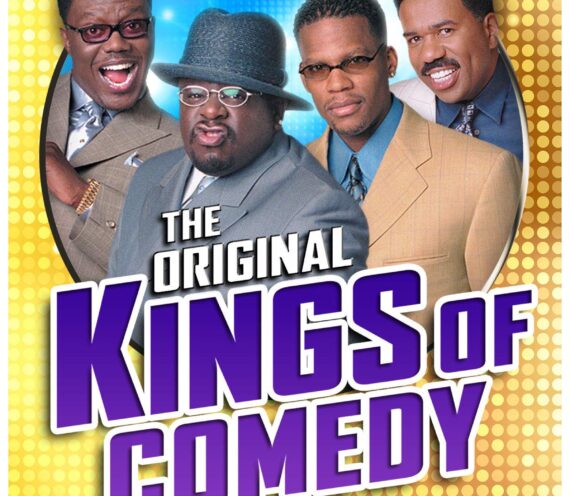
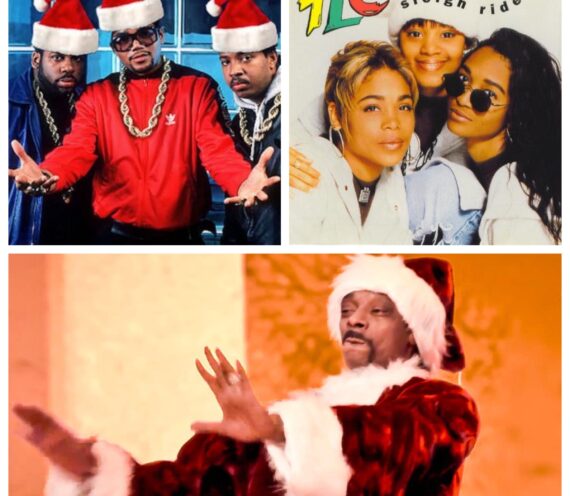
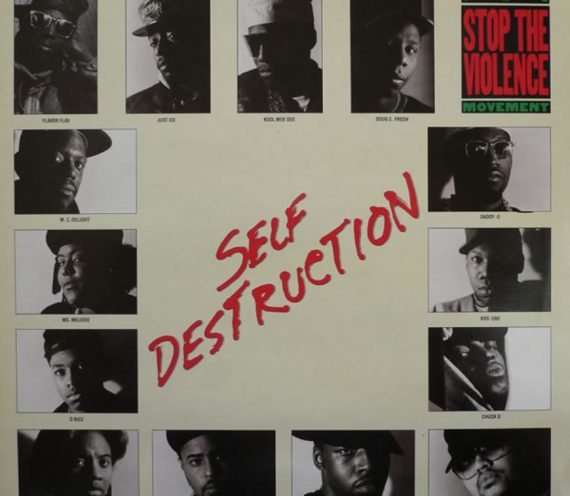
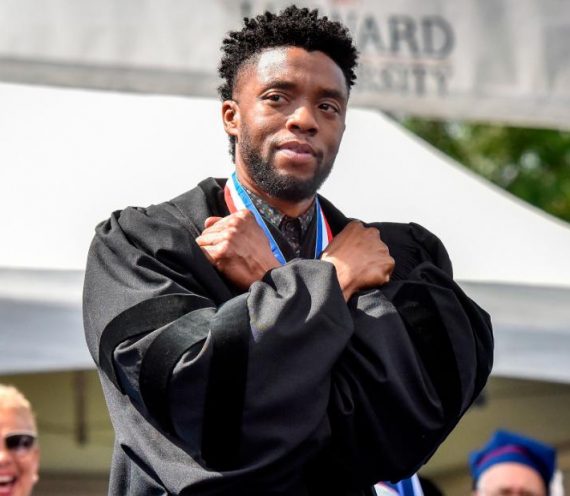
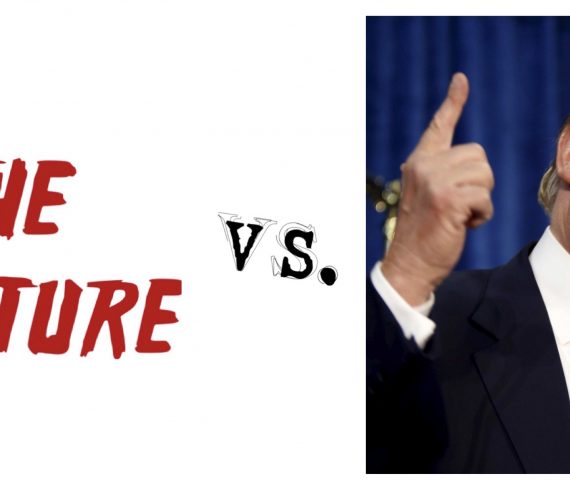
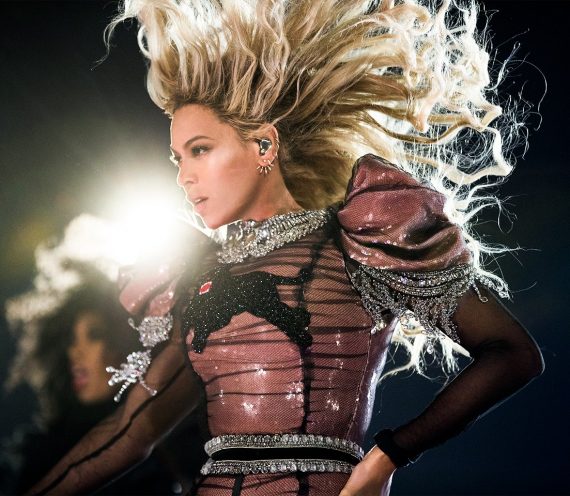
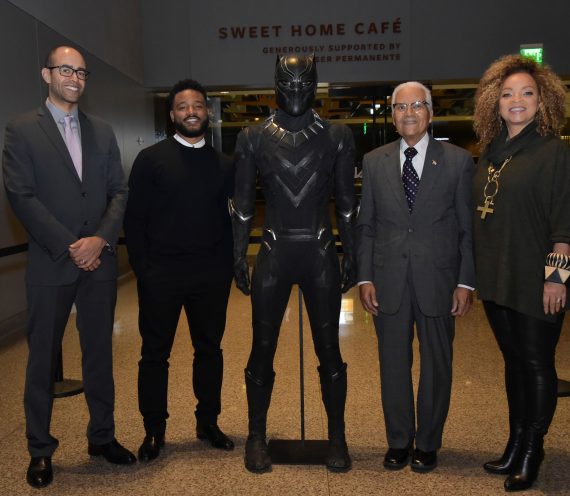
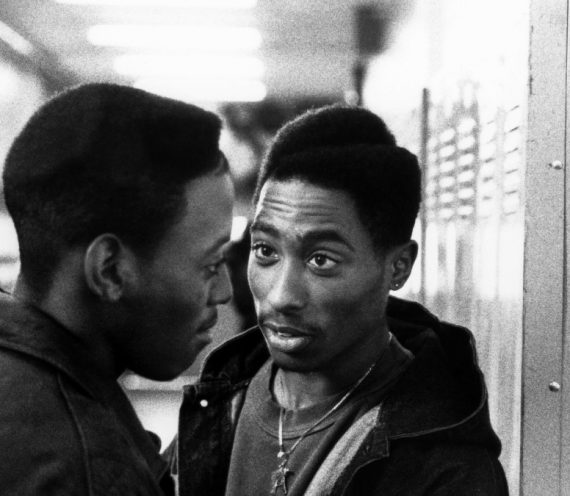
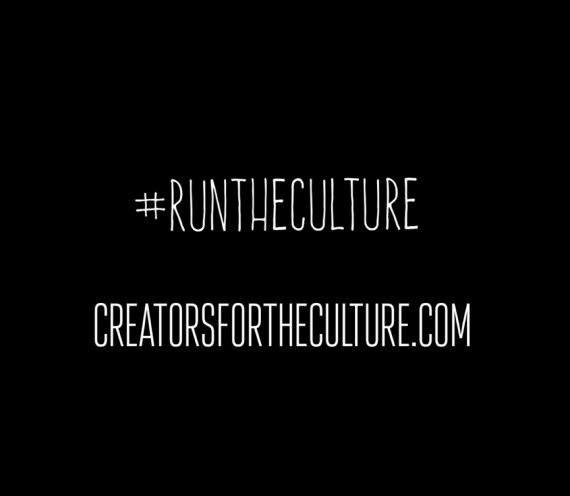

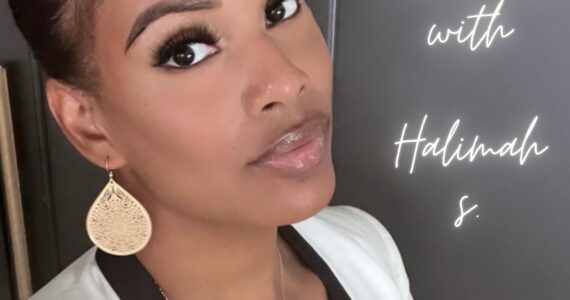




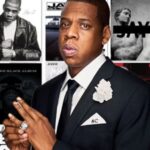
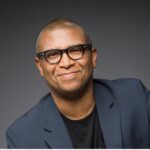
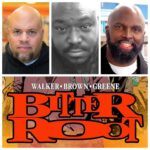
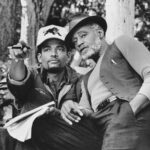
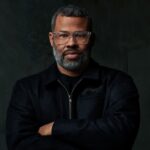
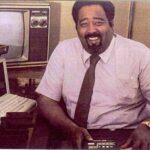
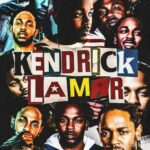
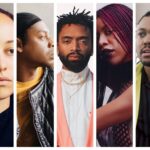
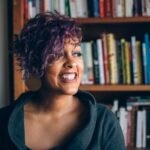
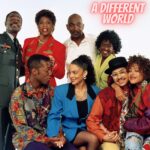
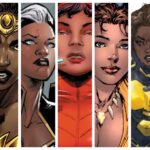
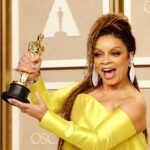
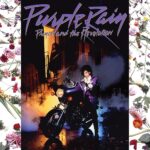
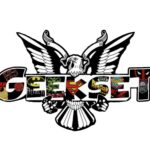
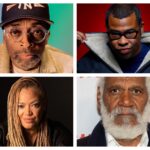
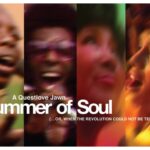
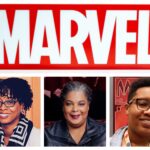
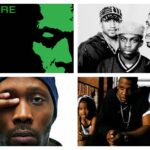
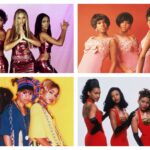
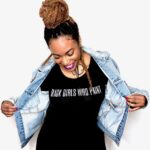
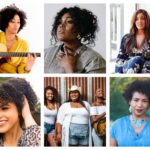
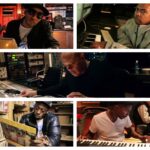
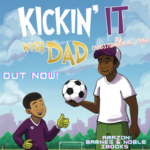
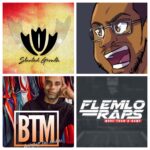
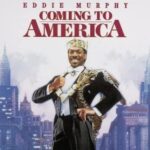
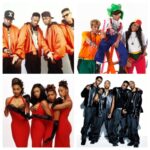
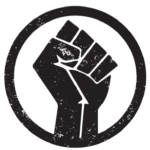
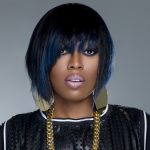
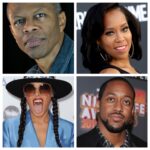
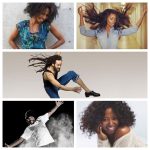
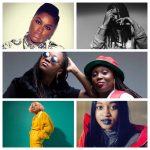
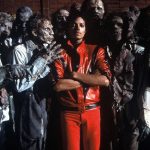
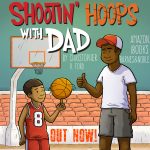
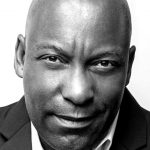
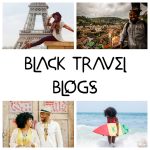
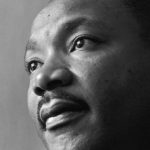
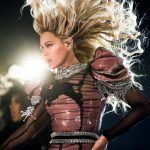
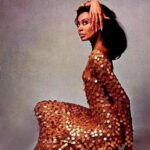
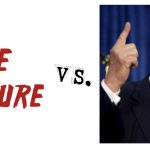
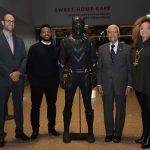


Recent Comments